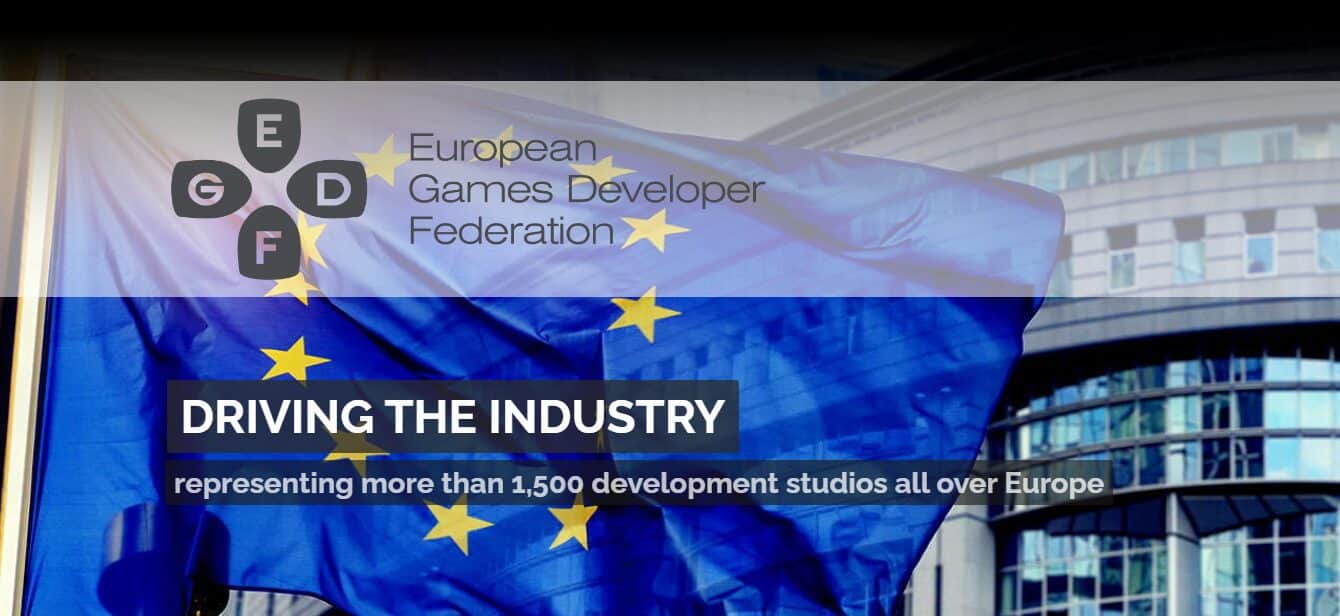A huge European trade organization supports both Microsoft-Activision deal, EC merger probe
4 min. read
Published on
Read our disclosure page to find out how can you help MSPoweruser sustain the editorial team Read more

The European Games Developer Federation (EGDF), a major trade organization uniting 23 national trade associations representing game developer studios based in 22 European countries, is expressing its support for Microsoft’s Activision megadeal. Nonetheless, it says it is also open to European Commission’s investigation due to Microsoft’s anti-competitive market potential.
Microsoft faces huge hurdles in closing its proposed $69 billion merger deal, with different competition watchdogs still scrutinizing and expressing concerns over it. These regulators, however, are not the only ones to convince, resulting in Microsoft repeatedly saying the deal won’t hurt competition and even offering concessions to other companies. Before 2022 ended, the Redmond company handed Nintendo a 10-year Call of Duty deal and offered it to the deal’s number one critic, Sony. No response from the rival, however, was heard. To this day, the protest against the merger continues, with Google and Nvidia joining the mob. Fortunately for Microsoft, it has a new ally in the European trade federation EGDF.
A ResetEra user named Idas shared an MLex report showing the purported EGDF statement expressing support for the deal.
“EGDF supports Microsoft’s ActivisionBlizzard acquisition, as its potential positive impacts on the competition in game markets, in general, outweigh the limited console and subscription market-specific competition concerns. Furthermore, in the console game markets, Sony is a clear market leader with its Playstation platform, and Microsoft is still in a challenger position,” EGDF explains. “Microsoft’s Activision Blizzard acquisition strengthens the competition benefits for global game markets. EGDF supports fair and sustainable competition in game markets. In particular, EGDF has been concerned about the recent consolidation of the global games industry. The more there are equally strong competing market players, the better for European game developers.”
The report generally says that the trade organization “supports” Microsoft’s proposed acquisition, though it also “welcomes” the European Commission’s probe. This “support,” however, seems not in to be in full. According to the report, while the EGDF is siding with Microsoft, it claims that the company has the potential to be anti-competitive, explaining the trade organization’s approval of the European Commission’s moves.
“EGDF acknowledges that Microsoft has the ability for anti-competitive market behaviour and has not in the past consistently respected assurances it has given to continue making games published by companies that it has acquired available on rival platforms,” the text reads. “EGDF, therefore, welcomes the European Commission’s in-depth investigation of competition concerns arising from Microsoft’s Activision Blizzard acquisition.”
The statement doesn’t detail what these “assurances” are, but it is worth noting that the US Federal Trade Commission previously voiced a similar concern. It pertained to Microsoft’s alleged promises to EU regulators that it would not hold back ZeniMax titles from its rivals after clearing the ZeniMax transaction. This, however, was denied by the EU itself. Despite this, EGDF provides suggestions to the European Commission regarding this concern.
“EGDF calls upon the European Commission to: closely monitor how Microsoft implements DMA on its Windows operating system and cross-platform Microsoft Store and ensure that, should it condition its approval of the Activision Blizzard acquisition on commitments given by Microsoft, those commitments, for example, guarantee the continued availability of Activision Blizzard games on rival consoles and subscription services, are backed up with rigorous compliance and enforcement mechanisms.”
EGDF’s statement continues to share that it will benefit the market competition as the deal will arm Microsoft to be a better competitor of Apple in the cloud gaming/game subscription service markets. It also mentions Tencent, which is now partly under the Chinese government due to its “golden shares” in local units. This gives the CCP special rights over specific business decisions of the company. It is unknown how this influence will affect Tencent. Nonetheless, whether this effect will be good or bad, it is undeniable that Tencent remains a huge threat to Microsoft. As such, it needs to strengthen its position in the gaming industry, which could be possible through the Activision merger. With this, gathering support from workers, trade organizations, and other tech companies will greatly help the software giant, especially if that translates to aid in convincing competition regulators to approve the deal.








User forum
0 messages